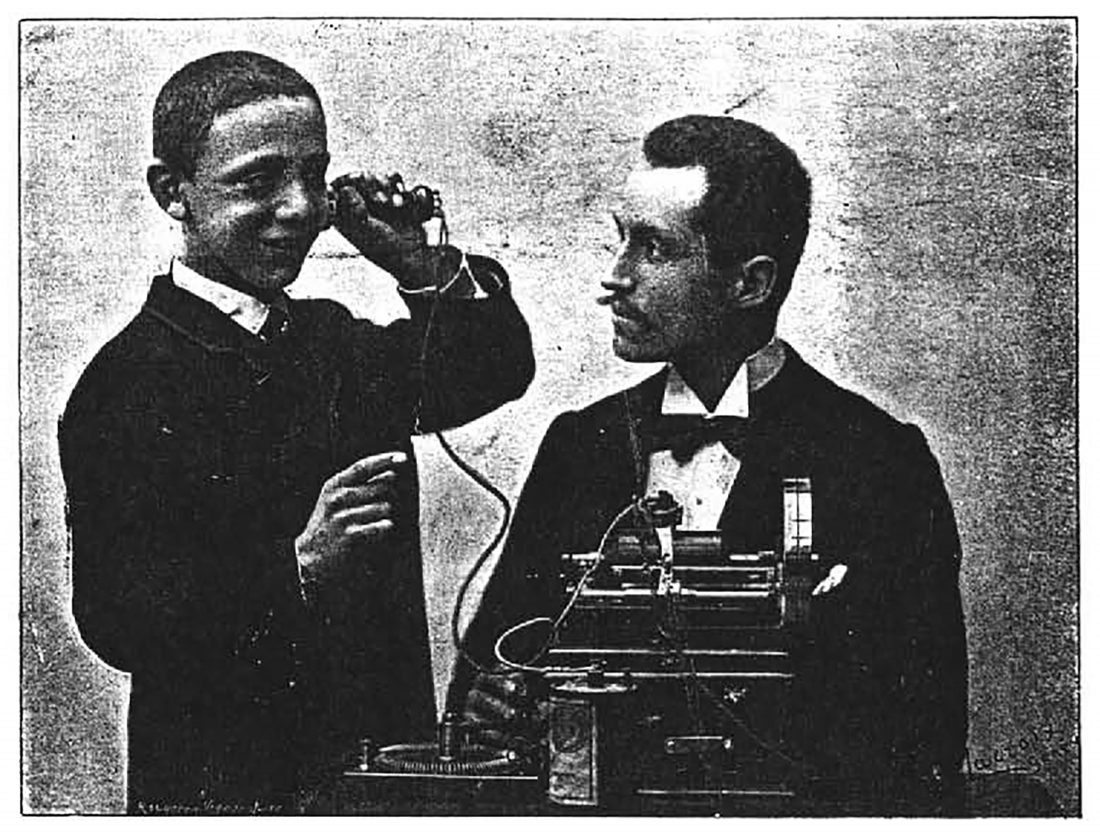Humanities
Art & Music Histories Colloquium Series: The Pathological Voice in Third-Republic France
February 25, 2022 at 10:00am – 11:30am EST
Virtual (See event details)
This event has already occurred. The information may no longer be valid.

Sarah Fuchs, Assistant Professor of Music History and Cultures, Syracuse University
Abstract:
On 12 May 1914, Hector Marichelle—one of France’s leading researchers in the field of deaf-mute education and the longtime director of the speech laboratory at the Institution Nationale des Sourds-Muets—made a sound recording for the recently established Archives de la Parole. It should come as no surprise that Marichelle recorded himself reciting the French vowels and consonants; after all, he had spent his career teaching those with speech and hearing disorders to speak, beginning with these very rudiments (Marichelle 1902; Pisano 2004; Brain 2015). But his recitation—or, rather, intonation—of the vowels and consonants on fixed pitches is more provocative, not only reminding us of the intimate relationship between speech and song around the turn of the century (Bergeron 2010) but also (and perhaps more urgently) prompting us to investigate the intersections between physical disability, regional identity, and musicality in early Third-Republic France.
Drawing on a wide array of primary sources, including medical treatises, singing manuals, chronophotographic images, and sound recordings, this paper explores the experimental method Marichelle employed to teach students at the Institution Nationale des Sourds-Muets, which both influenced and was influenced by the efforts of Georges Demenÿ, René Marage, and Léon Melchissédec to help the French people—whether provincial patois-speakers or emerging opera singers—to perfect their diction. Indeed, the other laboratory recordings made at the Institution Nationale des Sourds-Muets around this same time—including, among others, cylinder recordings made by opera singers Ketty Lapeyrette and soprano Yvonne Gall—and now preserved at the Bibliothèque Nationale de France suggest that Marichelle’s project shaped turn-of-the-century French operatic culture in ways that have thus far gone unacknowledged. Ultimately, I suggest that untangling the pedagogical and political aims that gave rise to Marichelle’s recording reveals something significant about medical, theatrical, and operatic cultures under the early Third Republic: a similar pathologization of the voices of those who could not speak at all and those who could not speak or sing in proper French.
This event was published on January 28, 2022.
Event Details
- Category
- Humanities
- Region
- Virtual
- Open to
- Public
- Contact
- Sarah Fuchs
sefuchss@syr.edu
315.443.4321
- Accessibility
- Contact Sarah Fuchs to request accommodations
